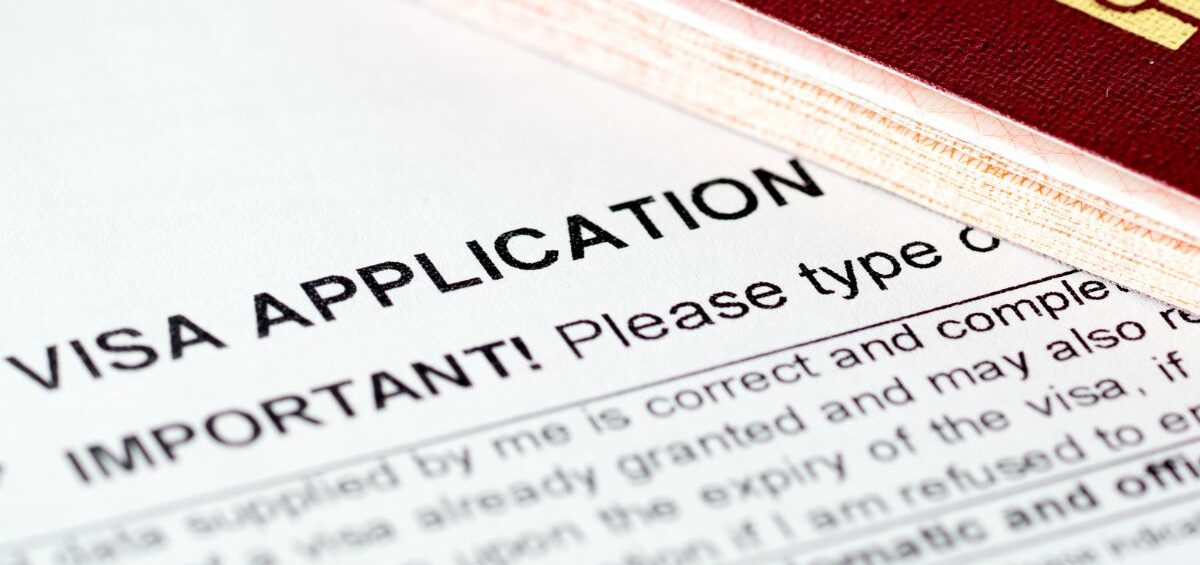Those seeking permanent status in the UK require a work visa. Sadly, many who seek to gain one are targeted by scammers who demand upfront payments for visa sponsorships alongside jobs they never actually intend to provide.
One CEL client – Adam – lost money to a scammer, who claimed to be a lawyer offering visa extension services. The scammer stole Adam’s money and disappeared without a trace. It was only when Adam contacted CEL Solicitors that we were able to recover his lost money, plus additional interest.
How the scam occurred
Postgraduate student, Adam, received an email from his university stating that his educational visa was due to expire, and he would therefore need to travel back to Nigeria to renew it.
Adamant to complete his studies, Adam consulted a friend, also from Nigeria, who claimed to know a lawyer who could fast-track his application to prevent him from deportation.
Adam began corresponding with the lawyer and sent over confidential documents, including his passport and student card.
The fraudster then stated that Adam would need to provide an upfront payment of £4,400 in legal fees in order to fast-track the application process. Having been recommended by a friend and provided with evidence of previous successful visa applications, Adam had no reason to suspect anything was amiss and transferred the money.
Adam waited several days for a reply from the Home Office, though no response came – despite the scammer’s promises. When pushed, the fraudster told Adam that he would receive the visa after 8 months, though this caused additional distress as his deadline was fast approaching. After several unsuccessful attempts to contact the scammer, Adam realised that he had fallen victim to a devastating visa sponsorship scam.
Tell CEL
Upon learning that he had been scammed, Adam contacted CEL Solicitors’ fraud and scam department. We investigated his case and determined that his bank, Monzo, failed in its duty of care to protect him from financial harm. We were then able to successfully recover Adam’s lost funds, plus additional interest, which totalled £5,002.74.
Commenting on the case, Adam’s file handler, Jasmin Carlin, said:
“We are currently seeing an influx of visa sponsorship scams due to the high demand for work and educational opportunities.
“It can be difficult for individuals to verify the legitimacy of visa sponsorship offers, particularly if they are unfamiliar with the specific requirements and processes of different countries.
“Scammers often favour e-money firms over traditional high street banks, as these institutions tend to have more relaxed fraud prevention policies. As well as being easier for fraudsters to steal from, this also makes them less likely to reimburse scam victims.
“To avoid falling victim to a visa sponsorship scam, we would always recommend for people to verify the legitimacy of any sponsorship through official channels such as the government website and be wary of requests for upfront payments.”













